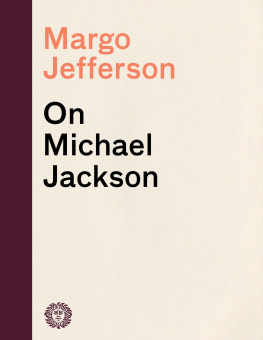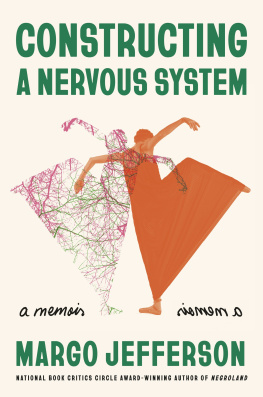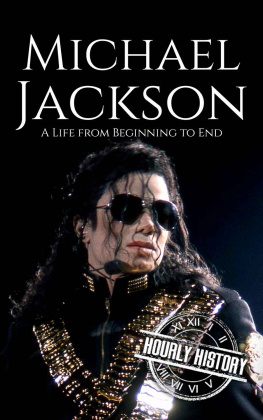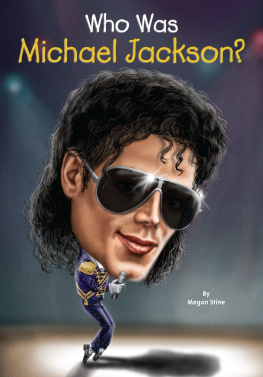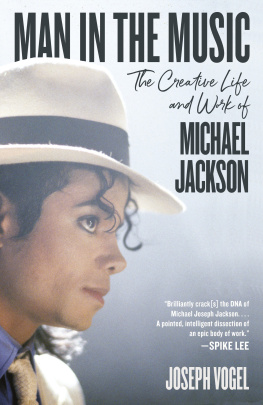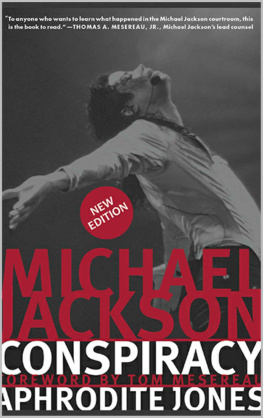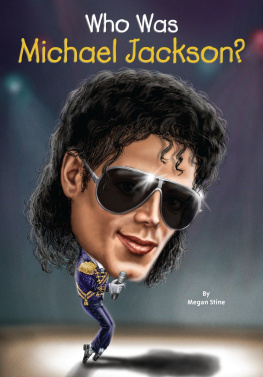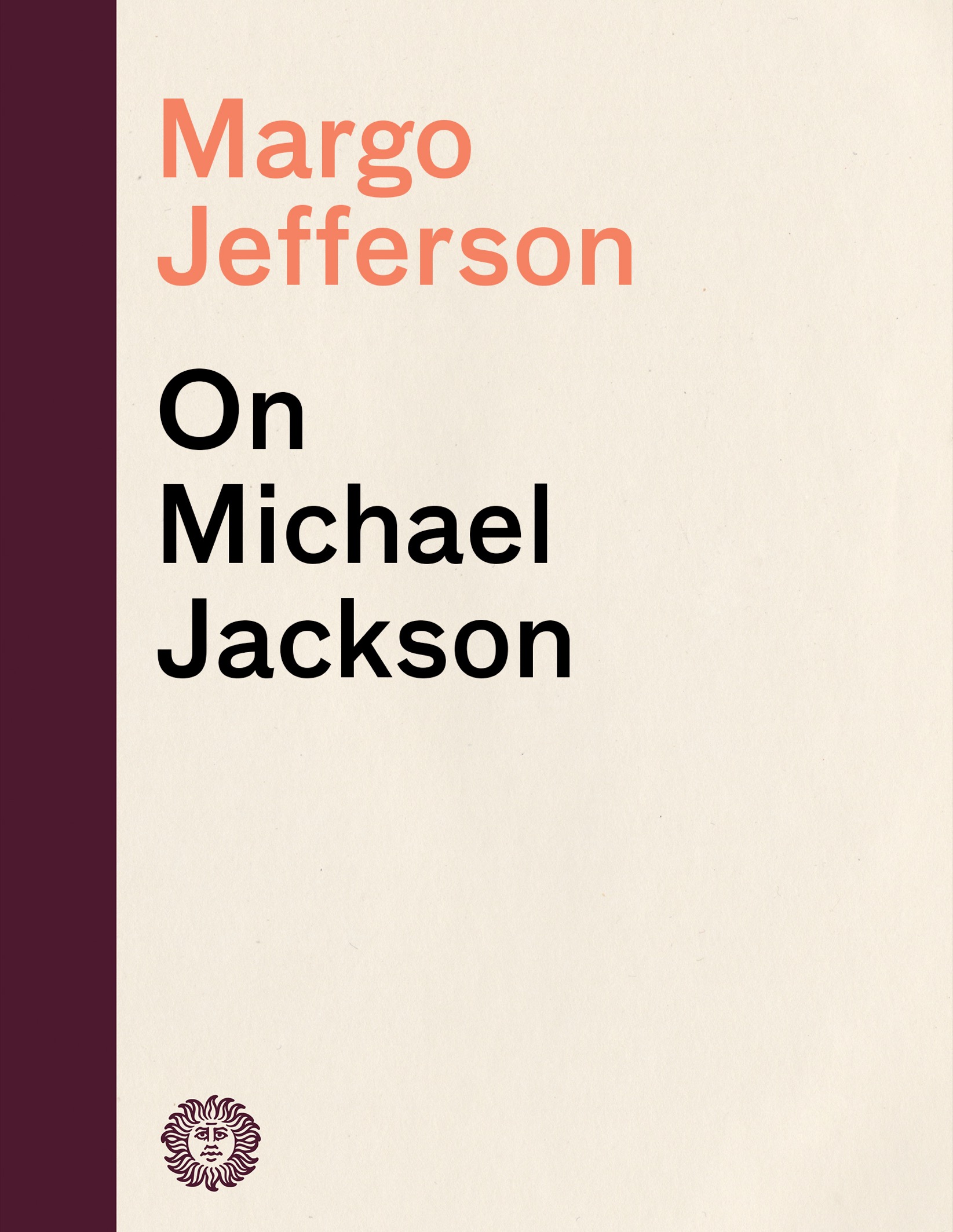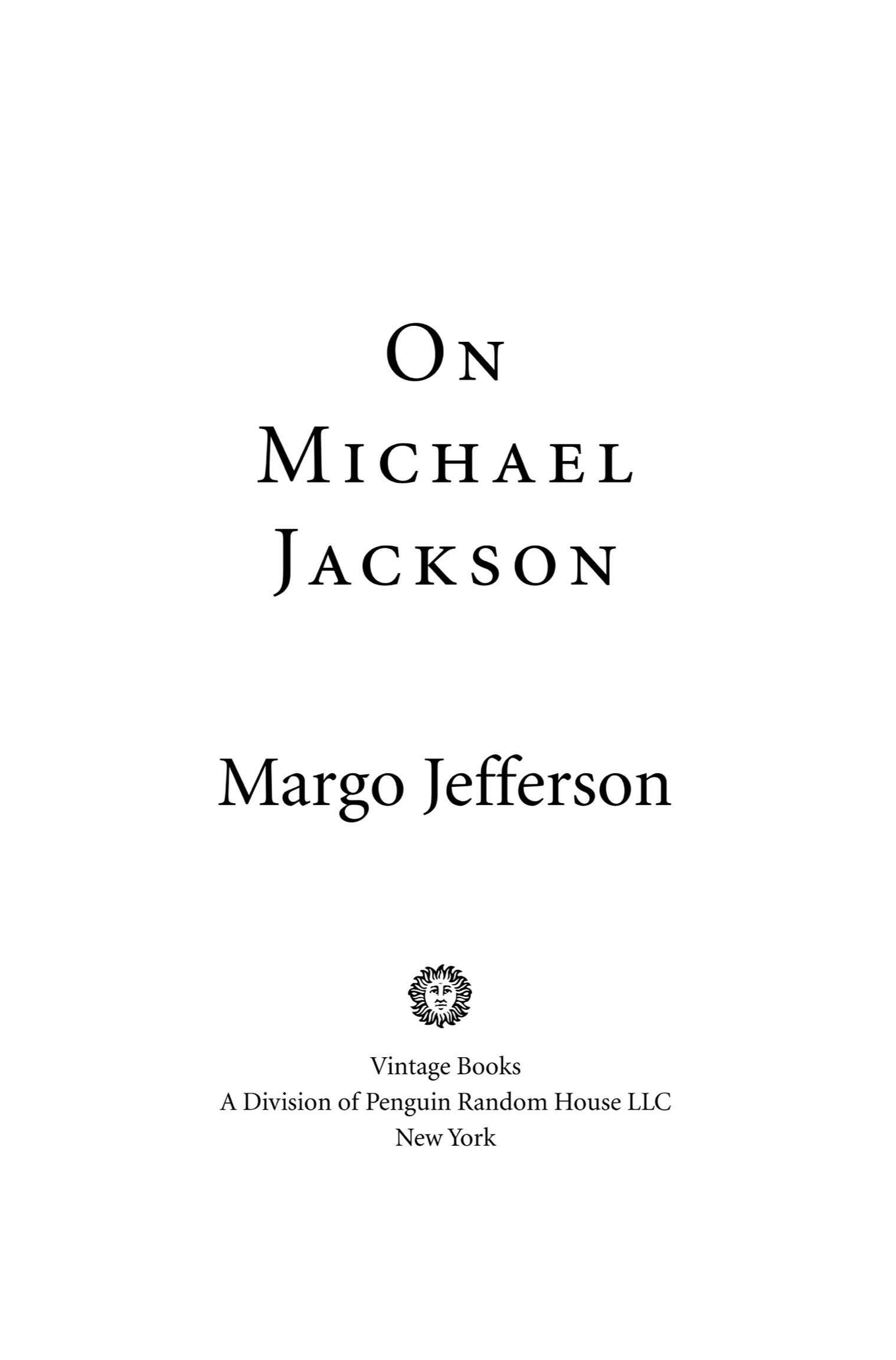Contents
For Irma Armstrong Jefferson
and in memory of
Ronald Nelson Jefferson
Introduction (2019)
O, I have lost my reputation! I have lost the immortal part of myself, and what remains is bestial.
Othello
In the first year of the twenty-first century, my American editor and I sat in a restaurant talking about Michael Jackson. We hailed his uncanny brilliance and mourned it, toothirty years of making music, dance, and film; crisscrossing styles, genres, types, and tropes; and confounding cultural codes. We brooded over the rumors and scandals that were turning him into an object of derision, even revulsion. We wanted, we said, to give him his due before (my editors words) he self-destructs.... Before hes destroyed, my editor qualified, and self-destructs.
Events moved too quickly; I couldnt finish the book before he was arrested in 2003. He was indicted in 2004; he was found not guilty in 2005; he was found dead of a drug overdose in 2009.
And now, ten years after that death, he holds dominion over us all once more. We thought wed be safe when he died. We hoped death would restore the measure of his greatness as an artist, would put an end to the facts and fictions of his sexual life with children. Now its as if the skeletons are rising from their graves in Thriller, not as creatures of fantasy but as witnesses to history.
In the quiet, somber documentary Leaving Neverland, two young men in their thirties look into a camera and describe the childhood years in which they had sex with Michael Jackson. They use that flat phrase, though in the present tensehave sexso I will, too. They look steadily into the camera over a period of four hours and describe the ways and places in which they, as children, had sex with Michael Jackson. They describe, almost wonderingly, how much they loved him, even worshipped him. They make us understand how often and how much sexual abuse depends on a childs looking up to a powerful adult: trusting, needing, maybe loving that adult. Molestation and abuse are harsh, unambiguous words, but we cant fully understand them unless we understand that they are often inseparable from the lures and ambiguities of seduction. These feelings get all mixed up in a childs mind and body. So we must not separate the acts and aura of seduction from the acts and aura of abuse. Michael Jackson was a cultural deity. And of course these boys were thrilled to be in his presencemillions of people twice, thrice, and four times their age were thrilled to be in his presence, if only via computer screens, concert stadiums, and memorabilia. Imagine meeting Michael Jackson face-to-face. Imagine being the child whom a god chooses as his favorite.
But when a gods favorite grows too old or too familiar to be wholly desirable, that favorite is replaced. Is this a release? Not emotionally. Guilt, grief, longing, fear, desire, disgust: theyre all there for the child to grow up with. To any child, theres something of the god about every powerful grown-upparent, mentor, patron, counselor. Wade Robson and James Safechuck were child performers from ordinary families. The Jacksons had once been an ordinary family, and world fame had chosen them through Michael; now Michael was choosing the Robson and Safechuck children. He visited their modest homes; he watched TV, goofed around, and ate popcorn with them. The mothers were besotted, the fathers obliging or excluded. He bought them all gifts and took them on trips. He offered them a fairy tale of upward mobility. The Jacksons had lived that fairy talewhy not the Robsons and Safechucks? He made the families feel special. He made the boys feel loved. Did he love them? Within the confines of his damaged, damaging soul, I imagine he did. We like to think we love with all thats good in us. But we love just as fiercely with all thats bad in us. Childhood is the fiery furnace in which we are melted down to essentials and that essential shaped for good, wrote Katherine Anne Porter. She should have added two more words. She should have added for good and ill.
In the video for a song he wrote and titled Childhood, Michael Jackson sits in a lush green forest, clad in white, and sings softly and longingly to the camera:
Before you judge me, try hard to love me
The painful youth Ive had
Its our fate now to rewatch and reread his videosand song lyrics compulsively, probing for coded confessions.In sad, sweet, boy-soprano tones, he asks ifweve seen his childhood. In a court of law it could behis plea for exoneration. For, in fact, we know a lotabout Michael Jacksons childhood. We know what itcost him to be the familys ticket out of poverty andobscurity.
We know he was beaten and psychologically tormentedby his father, Joseph. Persistent rumors say hewas sexually molested by at least one adult in the musicbusiness. So yes, we can say that, like Wade and James,he could not free himself from his experience of childhoodabuse.
Instead, he re-created it. What began with JosephJackson was passed on by Michael Joseph Jackson.The son who kept surgically cutting away at his facepartly because he didnt want to look like his father did not cut away this legacy of abusehe passed it onto another generation of boys. A tragic tale and a horrortale. The predator-seducer pretending to be thepurehearted protector of innocent children everywhere.I say pretendingand Michael was a peerlessperformerbut I think he also longed to be the pureheartedprotector of childrens innocence. That longinggave his pretense an uncanny power for years. Itsa power he still exerts over the masses of fans whosefeverish rebuttals and teeth-bared denunciations canbe found at the #MJInnocent and Michael JacksonInnocent Project websites
The vulnerable genius was also the calculatingpedophile. Thats what we must reckon with now, whatwe must refuse to simplify. So lets look back at thefinal chapters of the Jackson story and consider whatthey demand we bring to the story now unfolding.
Michael Jackson, one of the twentieth centurysgreatestmost exhilarating, innovative, and influentialpopular artists, was first accused of the sexualabuse of Jordan Chandler in 1993. Jackson was thirty-fiveyears old. A financial settlement was agreed upon.Ten years later, in 2003, he was arrested and chargedwith sexually molesting another boy, Gavin Arvizo.The fifteen-week criminal trial that began on February28, 2005, was an immersive and clamorous multimedia spectacle. Everything Jackson owned, from hispenis to his art collection, was examined and photographedby the Santa Barbara Police Department.Reports on their findings, some official, some leaked,went global. The trial was televised daily with freneticcommentary. Eighteen months and twenty-one daysafter his arrest, Michael Joseph Jackson was foundinnocent of all charges.
But legal innocence is a far cry from public exoneration.Hed been disgraced. He was in debt. He madepeople squeamish. His record sales wavered anddipped. Nothing was beyond the shadow of any sort ofdoubt. Supporters insisted that the financial settlementswere his only way to avoid further exploitationby families eager for money and willing to put up withnotoriety. Doubters and opponents pointed out thatsurely more investigation was needed: there had beenmultiple rumors and Jacksons unabashed admissionthat he shared his bed with boys. He couldnt be triedagain. The case moved to the court of public opinion.
And he moved about like exiled royaltyBahrain,Las Vegasplagued by debt, dependent on the hospitalityof royals and moguls. He became an iconic figurein celebrity scandal-and-downfall narratives. There wasthe male-sexual-downfall narrative, which stretchedacross the twentieth century from Fatty Arbuckle toRoman Polanski, Jerry Lee Lewis and Chuck Berry toPete Townshend. There was the drugs-and-body-disfigurement narrative, represented by Elvis Presleyand every aging woman star mocked for addictionproblems and plastic surgeries. He was all but expungedfrom journalisms official narratives of pop innovationand glory.

